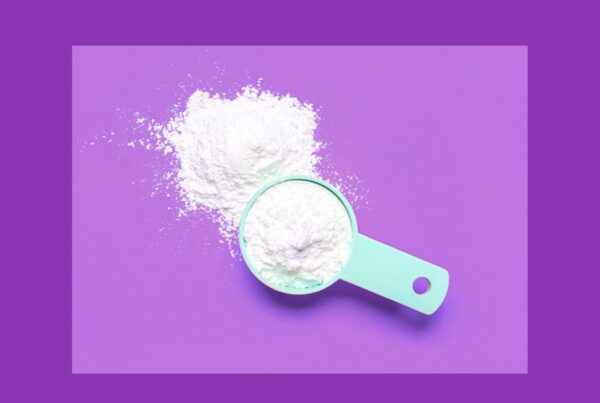Understanding Australia’s Pharmaceutical System (2025)
Australia has a unique and highly structured pharmaceutical system designed to make medications affordable and accessible. If you’ve ever wondered about the difference between private and PBS prescriptions, or why some medicines require special approval, here’s a quick guide.
The PBS: Making Medicines Affordable
The Pharmaceutical Benefits Scheme (PBS) is a government program that subsidises the cost of many prescription medicines. This means patients pay only a portion of the medicine’s full cost, and the government covers the rest. The amount you pay depends on whether you have a concession card.
-
Concession card holders (such as Pensioner Concession Card or Health Care Card holders) currently pay $7.70 per PBS-listed medicine (as of 2025), with free medications once they reach the Safety Net threshold.
-
General patients pay up to $31.60 per medicine, with similar protections after reaching their threshold.
Private Prescriptions vs. PBS Prescriptions
Not all medicines are covered by the PBS. If a medicine isn’t listed, or you don’t meet PBS criteria, it may be issued as a private prescription. In this case, you’ll pay the full cost of the medication, which can vary widely.
Authority Scripts: What Are They?
Some medications on the PBS require Authority approval—usually for higher-cost drugs or those needing strict eligibility criteria. These scripts may require prior approval from Medicare (via phone or online), although many now qualify for ‘streamlined authority’, making the process easier.
60-Day Prescribing: Increasing Convenience
In 2023, the Australian Government began rolling out 60-day dispensing for certain long-term medications—such as those for high blood pressure, high cholesterol, and diabetes. This allows eligible patients to receive two months’ supply with one script—reducing pharmacy visits and co-payments. However, not all medications qualify, and it depends on clinical suitability (you must be already stable using the medication) and doctor discretion.
Multiple Packs and Dispensing Limits
In some cases, prescribers can request multiple packs to be dispensed at once—especially for patients travelling or with special needs. This usually requires an authority script and documented justification.
Your Health Fund
While the Pharmaceutical Benefits Scheme (PBS) keeps medicine costs low for many Australians, private health insurance can also help reduce out-of-pocket costs—particularly for non-PBS (private) prescriptions. Some extras cover policies include benefits for prescription medications not subsidised by the PBS, such as certain types of menopausal hormone therapy (MHT), dermatology treatments, or compounded medications. These rebates vary between insurers and depend on your level of cover, annual limits, and whether the medication is legally prescribed by a registered healthcare provider. It’s important to check your policy details or speak with your insurer to see if you’re eligible for reimbursement on private prescriptions, as PBS-listed medicines are not typically claimable through private health funds.
Australia’s pharmaceutical system offers strong protections against high medication costs, especially for those with chronic illness or low income. Knowing the difference between PBS and private prescriptions, understanding authority requirements, and making use of new initiatives like 60-day dispensing can help you get the most out of the system.






